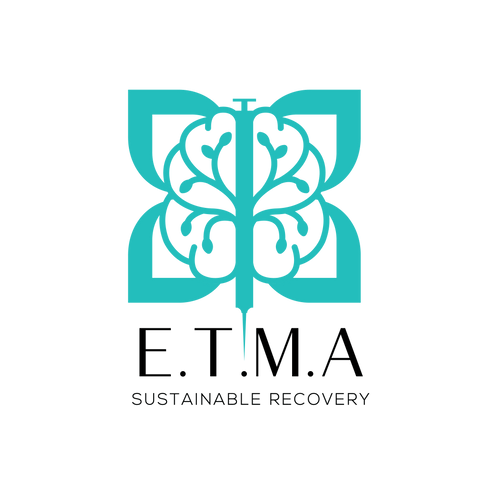Eating Habits in Addiction: Health & Nutrition

In active substance addiction, many aspects of one’s life are affected. These effects are mostly, if not all negative. Physical health is a prominent victim of substance abuse. While some of these negative effects stem from direct harm to certain organs or bodily functions caused by the intake of foreign substances, many effects can also be attributed to simple changes in behavior, more specifically one’s diet. Addicts’ eating habits generally change drastically depending on the abused substance, but the change is generally not for the better. Except for a few specific ones, most drugs make users eat much less.
People addicted to opiates generally eat extremely small, infrequent portions, both under the influence and during withdrawal. This, combined with the damage opiates already do to gastrointestinal functions, can be disastrous. Stimulants put the brain into “fight or flight” mode, making it think whatever current activity is going on to be vital for immediate survival and that food is not a priority. This causes users to go for days without any food or sleep. Alcohol may also impair assessment of appetite. Alcoholics and binge drinkers can experience prolonged, severe loss of appetite. Alcoholics before and after recovery often crave sweets to compensate for the blood sugar fluctuations caused by their drinking.
A proper diet is not only about how much to eat, but also what to eat. In addiction, little thought is given to the act of eating itself, let alone to what the right foods are. Many addicts simply eat whatever is most convenient, having little to no regard about health. This combination of inadequate amounts and inappropriate types of nutrient intake can lead to severe malnutrition. The list of possible nutrient deficiencies one may develop is long. Effects of such malnutrition can range from digestion problems and skin disorders to depression and even dementia. Proper diet for the recovering addict is crucial to combat any such effects.
Many rehabilitation centers overlook the importance of dealing with malnutrition. Solace Asia addresses this issue in the every day life of its clients. Solace enlists the aid of a full-time nutritionist on site in order to accomplish this. All meals prepared by the kitchen are chosen by this nutritionist, who also does individual assessments for any clients who may need their own, specialized diet plan. Extra nutritional supplements are also available, but we always try to meet our clients’ nutritional needs through the “real” food itself. Our primary aim is good health for both body and mind.
“The damage caused by substance abuse may appear to be severe and have significant impact; however, it can be reversed through a proper and structured diet.” -Cathaline Tangau (Solace Nutritionist)

